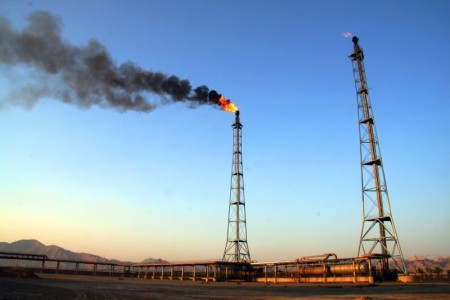By Dorinda Elliott

Looking ahead to Climate Week next week, what’s the latest in China, the world’s biggest CO2 emitter? According to University of Chicago Political Science Professor and Paulson Institute Faculty Advisor Dali Yang, President Xi Jinping’s anti-corruption campaign and the ensuing investigation of former oil boss Zhou Yongkang and other oil officials have emboldened China’s environmental enforcers, who have been virtually powerless until now. “There seems to be a very significant change in the ecology of enforcement and regulation,” says Yang, who recently completed a study of environmental enforcement in China. “It looks like an unexpected pleasant outcome of the anticorruption campaign is that it is leading to better enforcement.”
What’s the evidence? Since the anti-corruption campaign began, the Ministry of Environmental Protection (MEP) has started reporting more aggressively on energy sector pollution, according to Yang: it reported that around 30 percent to 40 percent of coal burning boilers weren’t equipped with desulfurization facilities and that few have de-nitrification facilities. The MEP noted that the technology of pollution control projects is ineffective and announced that Sinopec and PetroChina hadn?t fulfilled their 2013 emission-reduction targets. PetroChina’s carbon emission fell by 0.08%, less than the target of 0.6%. Sinopec’s nitrogen oxide emissions increased by 1.28%, missing the target of zero growth.
The MEP has also started fining polluters. In Anqing, despite the fact that the general manager of Anqing Petrochemical Company is a top Communist Party official, the Municipal Environment Protection Bureau penalized the company for the first time in 40 years. State oil company branches in Guangzhou, Dalian, Maoming, Nanjing, Ningxia, Hohot and Urumqi have been fined too. In response to regulatory pressure, Sinopec announced that it plans to invest more than 20 billion yuan (US$3.26 billion) in the next two years to start up more than eight hundred projects to rehabilitate the environment, and it established a new division of environmental protection. “The combination of Xi Jinping’s decision on major reforms, with Li Keqiang’s war on pollution, together with the takedown of the energy sector, these all add up to an auspicious moment for environmental enforcement,” says Yang. “I think this is a signal of more things to come.”


